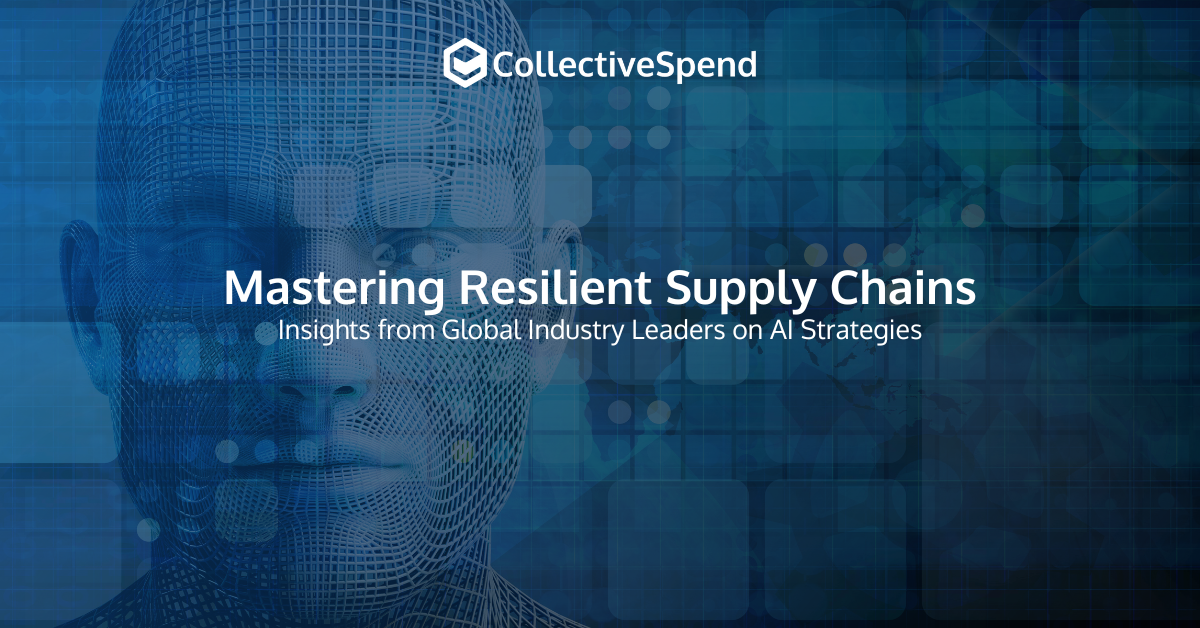In response to the challenges posed by the Covid-19 pandemic, top-tier corporations are actively adopting cutting-edge AI technologies to fortify their supply chains. Our in-depth examination of the practices at industry giants like Walmart, Tyson Foods, Koch Industries, Maersk, Siemens, and Unilever uncovers innovative approaches to leveraging AI for agile supply chain management and disruption mitigation.
AI Accelerates Alternative Sourcing
Unilever, in collaboration with German startup Scoutbee, utilizes a potent AI application for swift identification of alternative supply sources. This advanced software meticulously analyzes diverse data, including financials, customer ratings, sustainability scores, and real-time social media alerts. The result is a proactive and diverse supplier network, aligning with Unilever’s commitment to sourcing €2 billion annually from diverse businesses by 2025.
Siemens, facing a resin shortage, employs Scoutbee to identify potential distributors rapidly. Through meticulous analysis of import and shipping documents, Siemens efficiently locates suppliers, illustrating the transformative power of AI in crisis response.
Maximizing Existing Suppliers with AI Precision
Arkestro’s AI tool becomes instrumental for Koch Industries’ subsidiaries, streamlining supplier base optimization. Unlike traditional methods, this tool delves deep into granular data, allowing companies like Rolls-Royce to assess existing suppliers for additional materials. Automation of the request for quotes process through the AI algorithm not only streamlines operations but also results in substantial time and effort savings for suppliers.
Negotiation Revolution with Pactum AI
Maersk and Walmart revolutionize negotiations with the adoption of Pactum AI. Maersk’s chatbot expedites the search for transportation rates, while Walmart utilizes the technology to negotiate with “tail-end” suppliers, ensuring efficient communication across their extensive supplier network.
Strategic Guidelines for Seamless AI Adoption
In contemplating AI adoption for procurement, adhere to these strategic guidelines:
- Technology Trials: Pilot programs are essential for comprehensive AI technology evaluation. While success stories are abundant, Tyson Foods underscores the importance of rigorous testing due to potential AI tool limitations.
- Strategic AI Utilization: Recognize that AI is not a universal solution. It thrives in dynamic, uncertain environments but provides limited benefits in stable supplier markets.
- Diversified AI Toolbox: In the current landscape, adopting a diverse portfolio of AI tools tailored to specific tasks and risk levels is imperative. No singular AI tool can comprehensively address all supply chain needs.
As businesses embark on fortifying their supply chains, the integration of AI emerges as a powerful ally. Through strategic AI adoption, these industry leaders are not just mitigating risks but also gaining a competitive edge by swiftly navigating disruptions and ensuring resilient supply chains.
Credit to Authors: Remko Van Hoek, Professor of Supply Chain Management, University of Arkansas’s Sam M. Walton College of Business; Mary Lacity, Distinguished Professor and Director of the Blockchain Center of Excellence, University of Arkansas’s Sam M. Walton College of Business.
For more insights, feel free to check our website.
Or to learn more about our Procurement Services and Tail Spend Marketplace, contact us at hello@collectivespend.com




